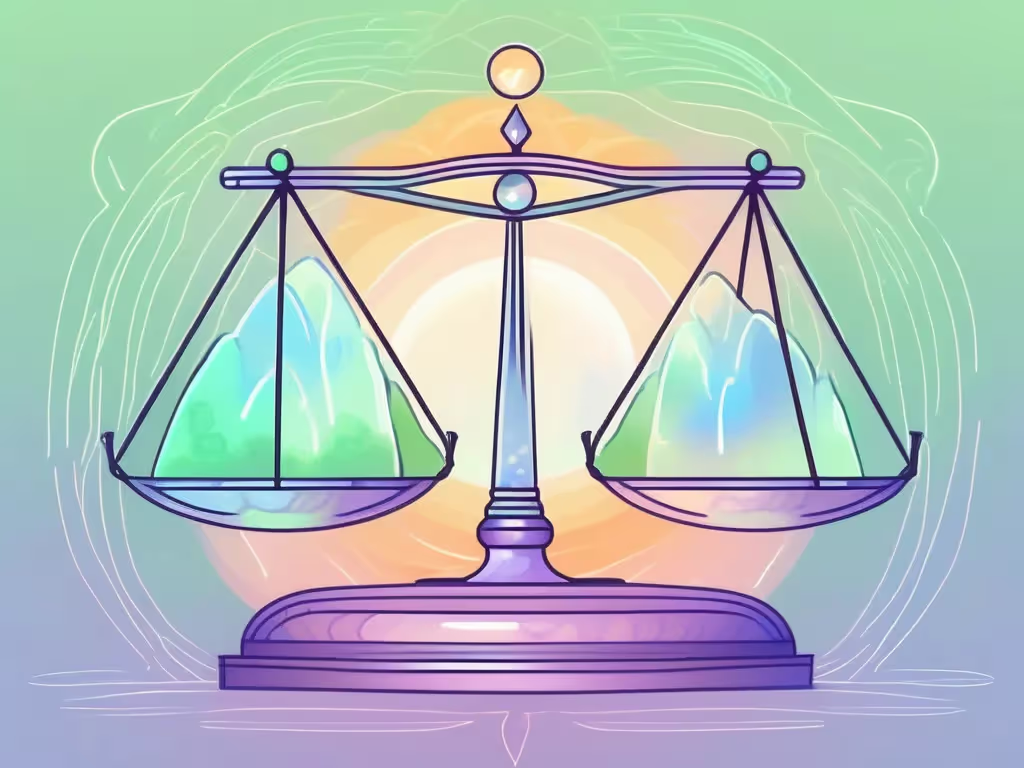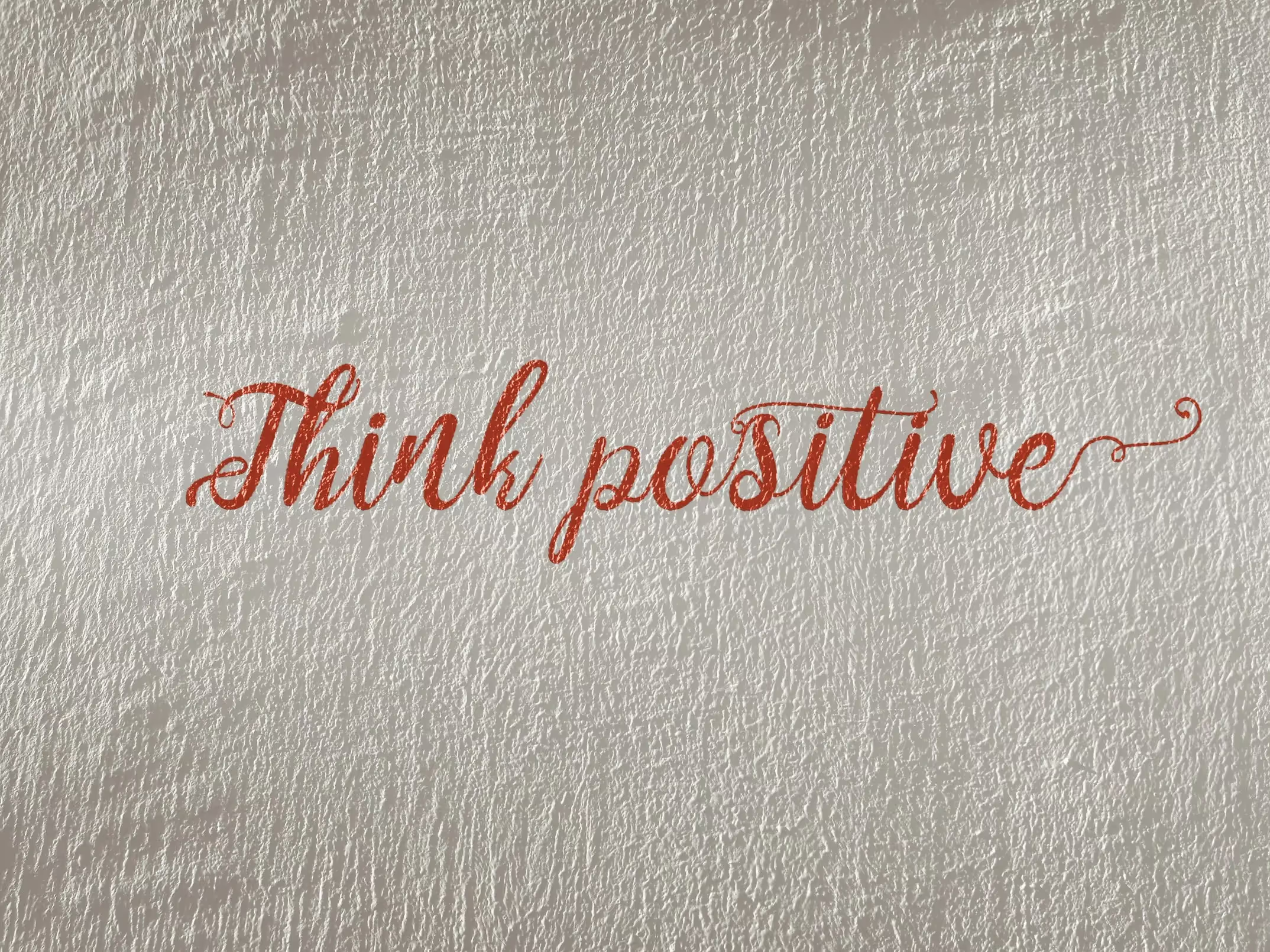In the practice of meditation, the concept of Sila, or moral conduct, plays a crucial role. It is one of the foundational elements of the Eightfold Path in Buddhism and is often considered as the ethical bedrock upon which the entire practice of meditation is built. Sila is not merely about following a set of rules, but it is about cultivating a way of life that is in harmony with the principles of compassion, truthfulness, and non-harming.
Understanding Sila requires a deep dive into its origins, its principles, and its practical applications in the context of meditation. This article aims to provide a comprehensive understanding of Sila, its importance in meditation, and how it can be cultivated and practiced in daily life.
Origins and Meaning of Sila
The term Sila originates from the Pali language, which was the language of the ancient Indian scriptures. In its simplest form, Sila can be translated as 'morality' or 'ethics'. However, in the context of Buddhism and meditation, Sila carries a much deeper and broader meaning. It refers to the ethical conduct that arises naturally from a mind that is calm, clear, and imbued with wisdom.

Sila is not about adhering to a set of externally imposed rules, but it is about cultivating a way of life that is in harmony with the principles of compassion, truthfulness, and non-harming. It is about living in a way that brings peace and harmony to oneself and to others.
The Threefold Division of Sila
In the Buddhist tradition, Sila is often divided into three categories: Right Speech, Right Action, and Right Livelihood. These three aspects of Sila form the moral foundation of the Eightfold Path, which is the path to liberation and enlightenment in Buddhism.
Right Speech involves speaking truthfully, kindly, and helpfully. It means refraining from lying, harsh speech, divisive speech, and idle chatter. Right Action involves acting in ways that are non-harming, respectful, and beneficial. It means refraining from killing, stealing, and sexual misconduct. Right Livelihood involves earning a living in a way that is ethical, honest, and non-harming. It means refraining from occupations that harm oneself or others.
The Role of Intention in Sila
In the practice of Sila, the role of intention is paramount. It is the intention behind our words, actions, and livelihood that determines their ethical quality. A good action performed with a bad intention is not considered as Sila, while a bad action performed with a good intention may not necessarily be a breach of Sila.
This emphasis on intention reflects the Buddhist understanding of karma, which is the law of cause and effect. According to this law, our actions, words, and thoughts have consequences, and these consequences are determined not just by the action itself, but also by the intention behind it.
Importance of Sila in Meditation
Sila is not just a moral code, but it is a vital aspect of the meditative path. It is the foundation upon which the entire practice of meditation is built. Without Sila, the mind cannot settle into deep states of concentration, and without concentration, wisdom cannot arise.
When we live in accordance with Sila, our mind becomes free from remorse and guilt. This freedom from remorse leads to joy, which leads to concentration, which in turn leads to the arising of wisdom. Thus, Sila is the starting point of a virtuous cycle that leads to the ultimate goal of meditation, which is liberation and enlightenment.
Sila as a Support for Concentration
One of the main benefits of Sila is that it supports the development of concentration in meditation. When our actions, words, and livelihood are in harmony with the principles of Sila, our mind becomes free from remorse and guilt. This freedom from remorse allows the mind to settle into deep states of concentration.
Concentration, in the context of meditation, is not just about focusing the mind on a single object, but it is about cultivating a mind that is calm, clear, and undisturbed by distracting thoughts and emotions. This state of mind is conducive to the arising of wisdom, which is the ultimate goal of meditation.
Sila as a Reflection of Wisdom
While Sila supports the development of concentration and wisdom, it is also a reflection of wisdom. When we understand the law of karma and the interconnectedness of all beings, we naturally want to live in a way that is non-harming, respectful, and beneficial. This understanding is a form of wisdom, and it is this wisdom that guides our ethical conduct.
Thus, Sila is not just a prerequisite for wisdom, but it is also an expression of wisdom. It is a manifestation of our understanding of the truth of the way things are. In this sense, Sila is not just about doing good, but it is about being good.
Practical Applications of Sila
Understanding the principles of Sila is important, but what is more important is putting these principles into practice. Practicing Sila involves making conscious choices in our daily life that reflect our commitment to ethical conduct. It involves cultivating habits of mind that support the development of Sila.
Practicing Sila is not about being perfect, but it is about making progress. It is about recognizing our shortcomings and working to overcome them. It is about learning from our mistakes and using them as opportunities for growth and development.
Practicing Right Speech
Practicing Right Speech involves being mindful of our words and the impact they have on others. It involves speaking truthfully, kindly, and helpfully. It means refraining from lying, harsh speech, divisive speech, and idle chatter.
Practicing Right Speech is not just about what we say, but it is also about how we say it. It involves speaking in a way that is respectful, considerate, and compassionate. It involves listening as much as speaking, and it involves using our words to build bridges rather than walls.
Practicing Right Action
Practicing Right Action involves being mindful of our actions and the impact they have on others. It involves acting in ways that are non-harming, respectful, and beneficial. It means refraining from killing, stealing, and sexual misconduct.
Practicing Right Action is not just about what we do, but it is also about how we do it. It involves acting with mindfulness, compassion, and wisdom. It involves recognizing the interconnectedness of all beings and acting in ways that reflect this understanding.
Practicing Right Livelihood
Practicing Right Livelihood involves earning a living in a way that is ethical, honest, and non-harming. It means refraining from occupations that harm oneself or others. It involves making conscious choices about our work and ensuring that our work is in alignment with our values and principles.
Practicing Right Livelihood is not just about what we do for a living, but it is also about how we do it. It involves working with integrity, compassion, and respect. It involves recognizing the impact of our work on others and on the world, and making choices that reflect our commitment to ethical conduct.
Conclusion
In conclusion, Sila, or moral conduct, is a foundational element of the practice of meditation. It is the ethical bedrock upon which the entire practice is built. Sila is not just about following a set of rules, but it is about cultivating a way of life that is in harmony with the principles of compassion, truthfulness, and non-harming.

Understanding Sila, practicing it in our daily life, and integrating it into our meditation practice can lead to profound transformations. It can lead to a mind that is calm, clear, and imbued with wisdom. It can lead to a life that is peaceful, harmonious, and fulfilling. And ultimately, it can lead to the realization of the ultimate goal of meditation, which is liberation and enlightenment.



.webp)






.avif)

%20(1).avif)


.avif)
.avif)
.webp)


.avif)


















































































































.avif)

















.svg)









